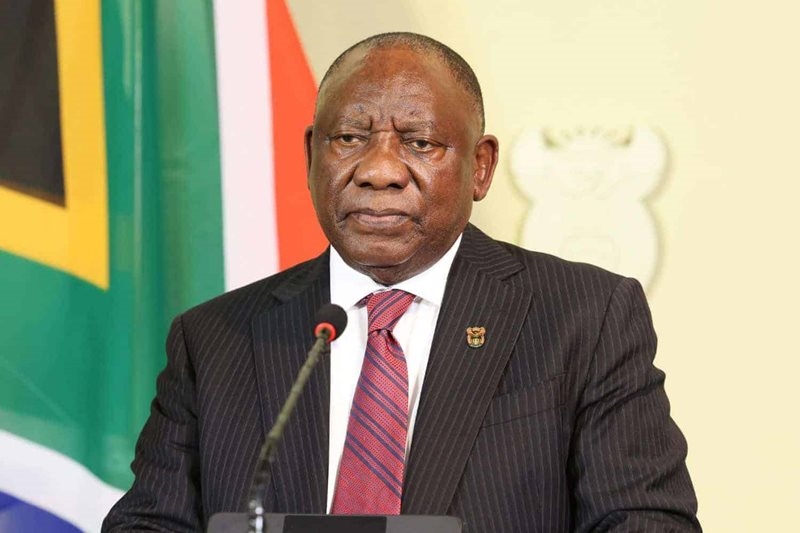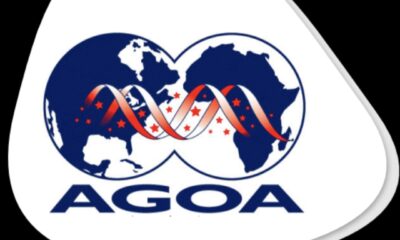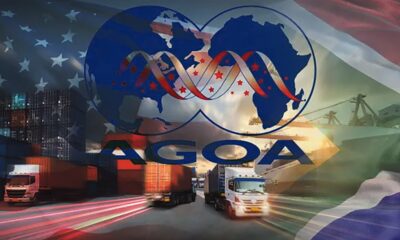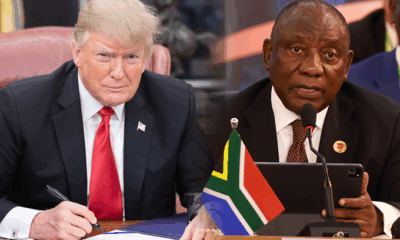Business
End of AGOA: What South Africa Loses as a 25-Year US Trade Lifeline Ends

After a quarter-century of shaping South Africa’s trade with the United States, the African Growth and Opportunity Act (AGOA) has officially expired. For many local industries, this marks the end of a relationship that delivered billions in exports, thousands of jobs and a crucial economic bridge between Africa and America.
A Trade Relationship That Fuelled Growth
Signed into law in May 2000, AGOA granted South Africa and other African nations duty-free access to the US market. Over time, it became the engine behind the country’s automotive, agricultural, apparel and chemical exports.
According to Aluma Capital, South Africa exported goods worth R71.5 billion through AGOA in 2024 alone, nearly half of all its exports to the United States that year. Since 2019, exports under the programme have more than doubled, rising from R31 billion to over R70 billion. In total, South Africa accounted for more than half of all AGOA-related exports across the continent during the Act’s lifetime, a powerful sign of how central the country was to the deal’s success.
Beyond numbers, AGOA helped sustain tens of thousands of manufacturing and farming jobs. Many of these are now at risk.
Tariffs, Politics and a Shifting Global Order
Some economists argue that the 2025 Trump-era tariffs already blunted AGOA’s benefits by imposing new export taxes on South African goods. But trade experts say this explanation is too simple. Those tariffs are still being contested in US courts and could eventually be rolled back, whereas AGOA was a long-term agreement that anchored investment confidence for decades.
In theory, the Act could have been extended for another year. Reports suggest Washington showed interest in doing so before the US government shutdown froze the process. Whether South Africa would have been included is another question entirely.
According to Business Leadership South Africa (BLSA) CEO Busisiwe Mavuso, the country’s position has become politically complicated. She warns that Pretoria’s foreign policy choices, including its closeness to China and Russia, have strained goodwill in Washington.
“A Lose-Lose Situation”
Mavuso believes the end of AGOA hurts both sides. “There are many US companies integrated into South African supply chains who will be harmed by AGOA’s expiry,” she said. By cutting ties, the United States risks pushing Africa’s resource-rich economies further towards its geopolitical rivals.
But she is equally clear that South Africa must face reality. “We have to accept that AGOA may be gone for good and start building new trade channels,” she said.
Finding a New Path Forward
China has already announced duty-free access for all African nations it maintains diplomatic relations with, signalling an alternative route for exporters. Meanwhile, South Africa’s membership in BRICS and participation in the African Continental Free Trade Agreement (AfCFTA) could help diversify markets, although these frameworks still face challenges around infrastructure and regulatory alignment.
At home, Mavuso argues that the country must strengthen what it can control: logistics, port performance and freight rail efficiency. Improving these systems would help South African goods compete globally, no matter which trade partner is on the other side of the table.
Beyond AGOA: The Next Chapter
For 25 years, AGOA was more than a trade deal. It symbolised partnership, opportunity and a bridge between continents. Its end doesn’t erase that history, but it does force South Africa to rethink its future.
“The end of AGOA is undoubtedly a setback,” Mavuso said, “but we remain the architects of our future.”
Now the challenge is proving that she’s right.
Also read: 36ONE Asset Management Seals Landmark B-BBEE Deal to Empower South African Youth
Follow Joburg ETC on Facebook, Twitter, TikT
For more News in Johannesburg, visit joburgetc.com
Source: Business Tech
Featured Image: Knysna-Plett Herald


























